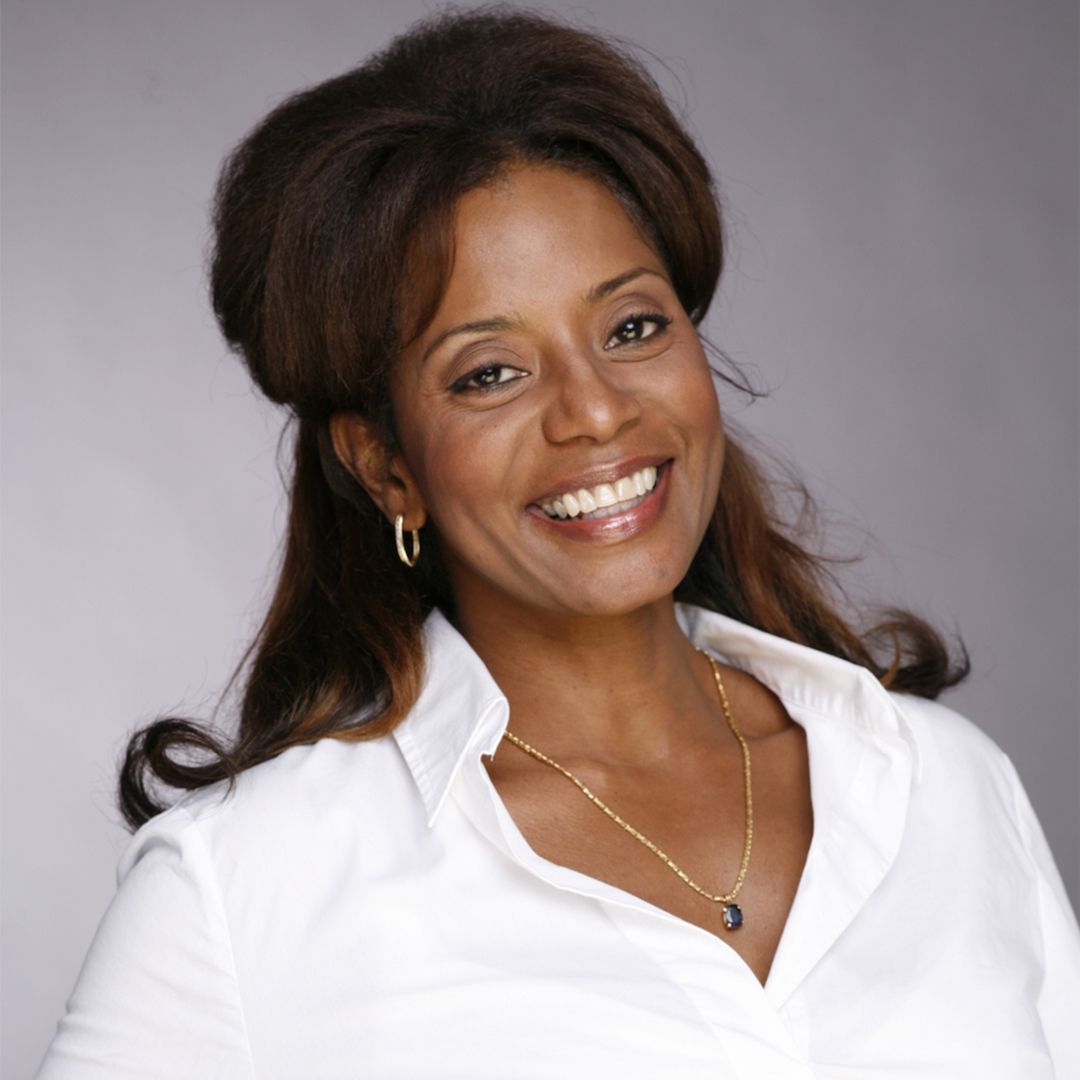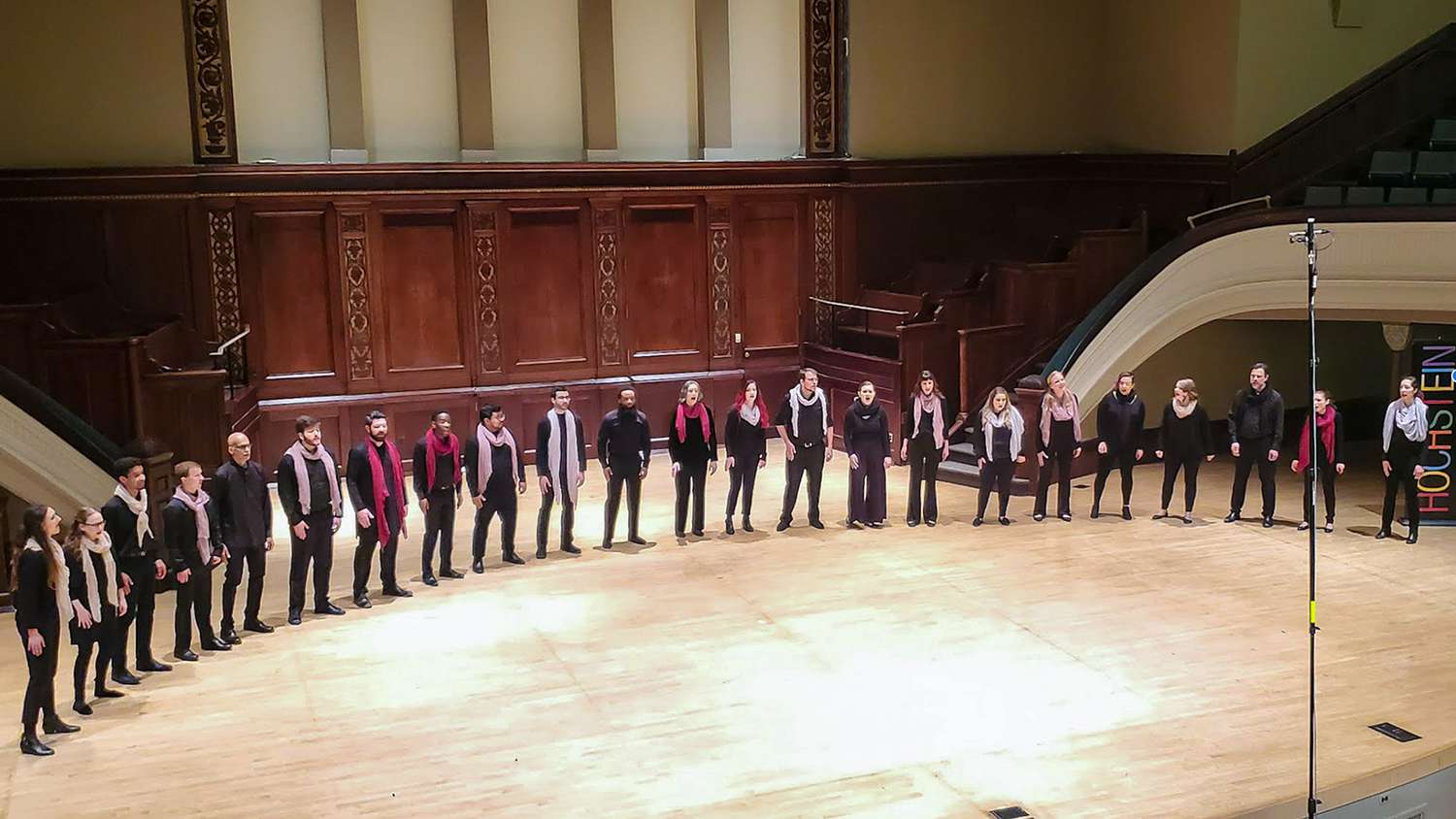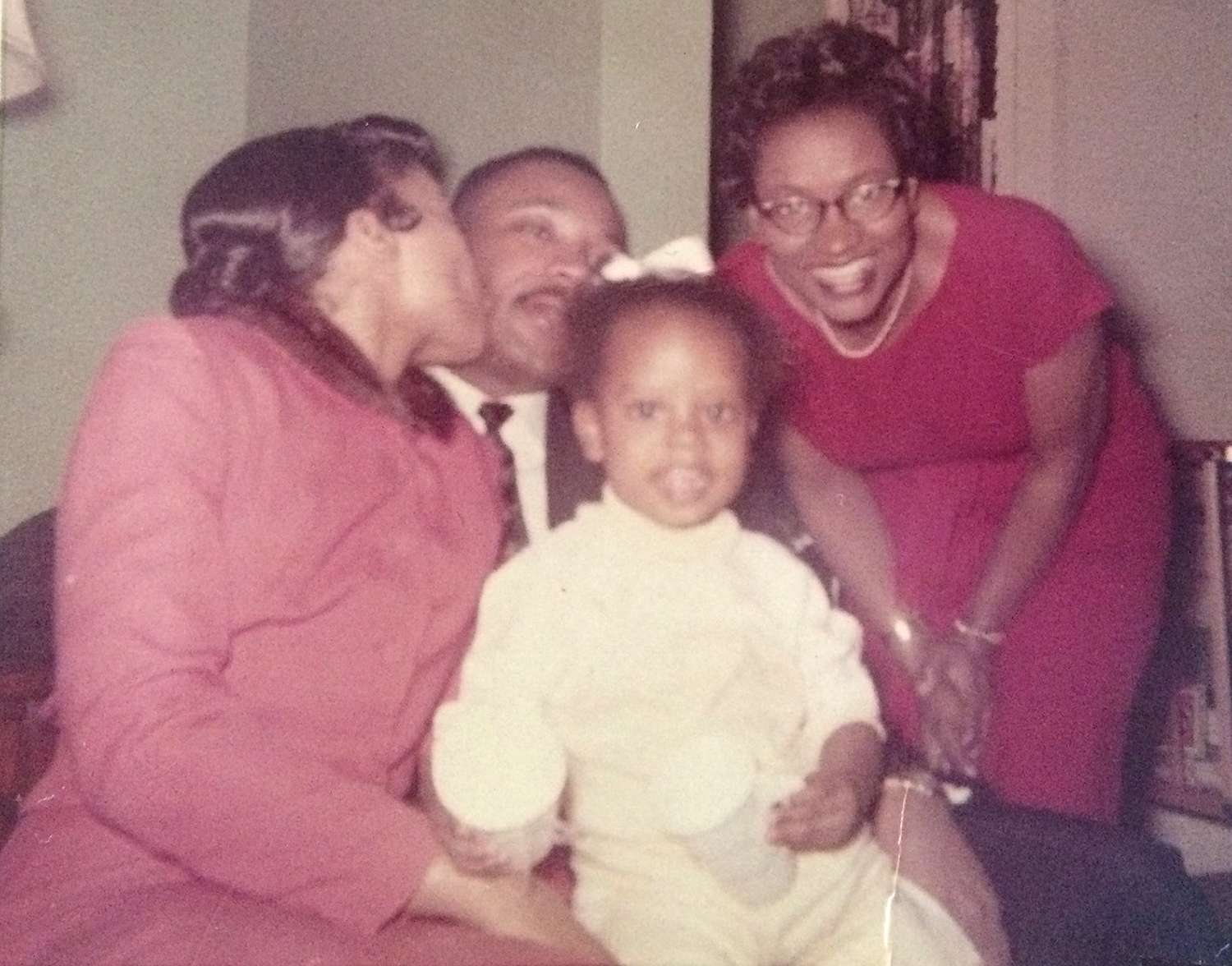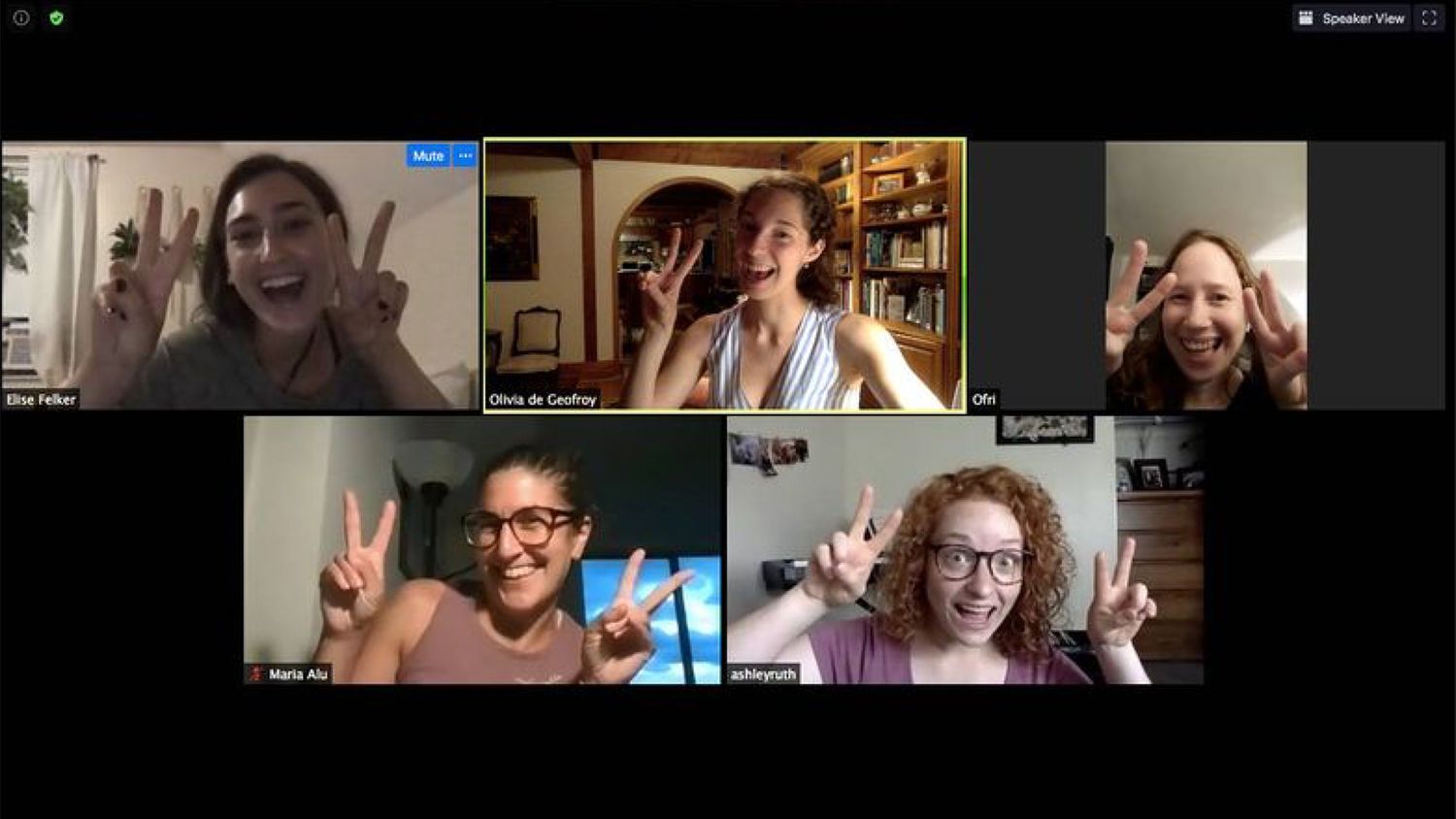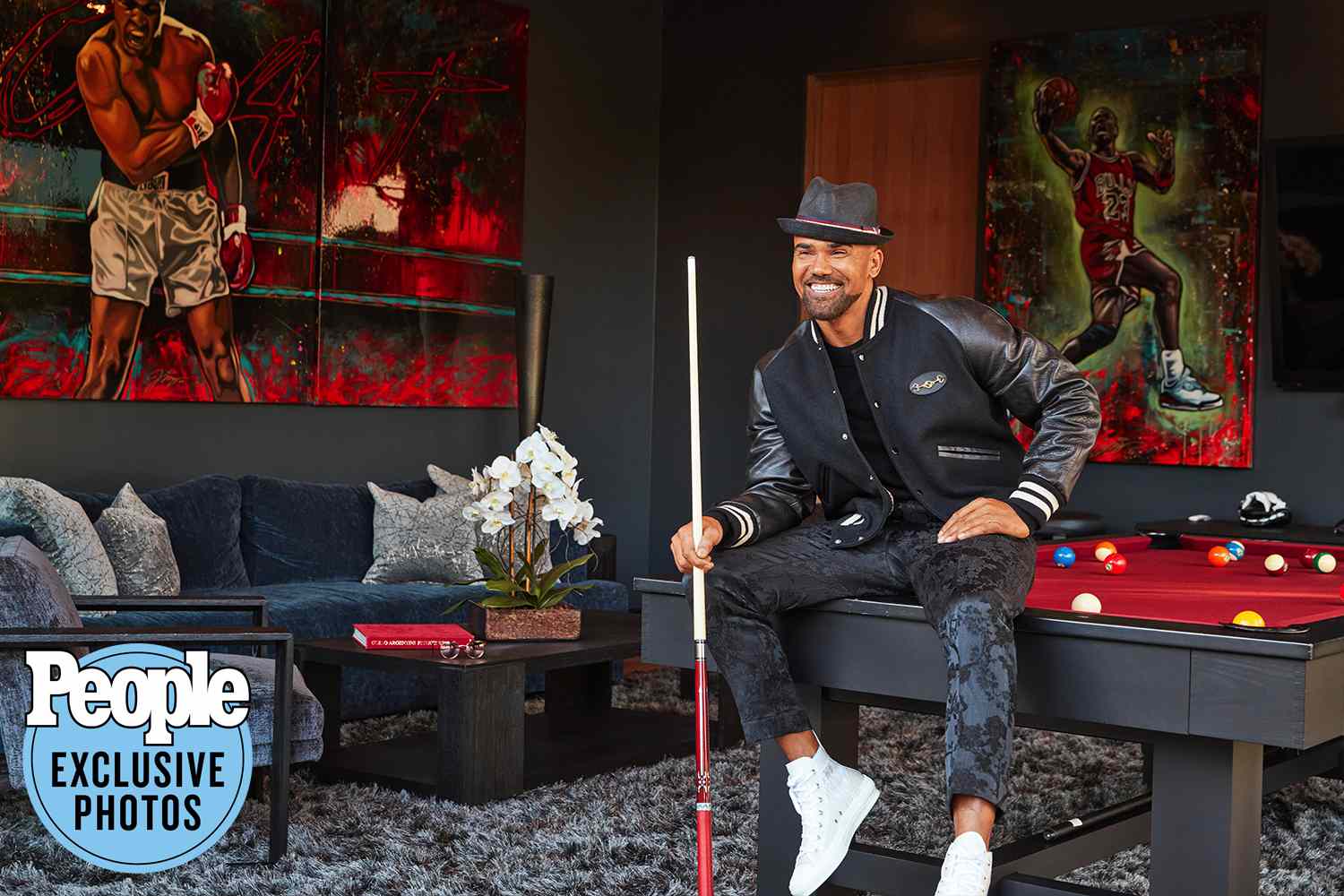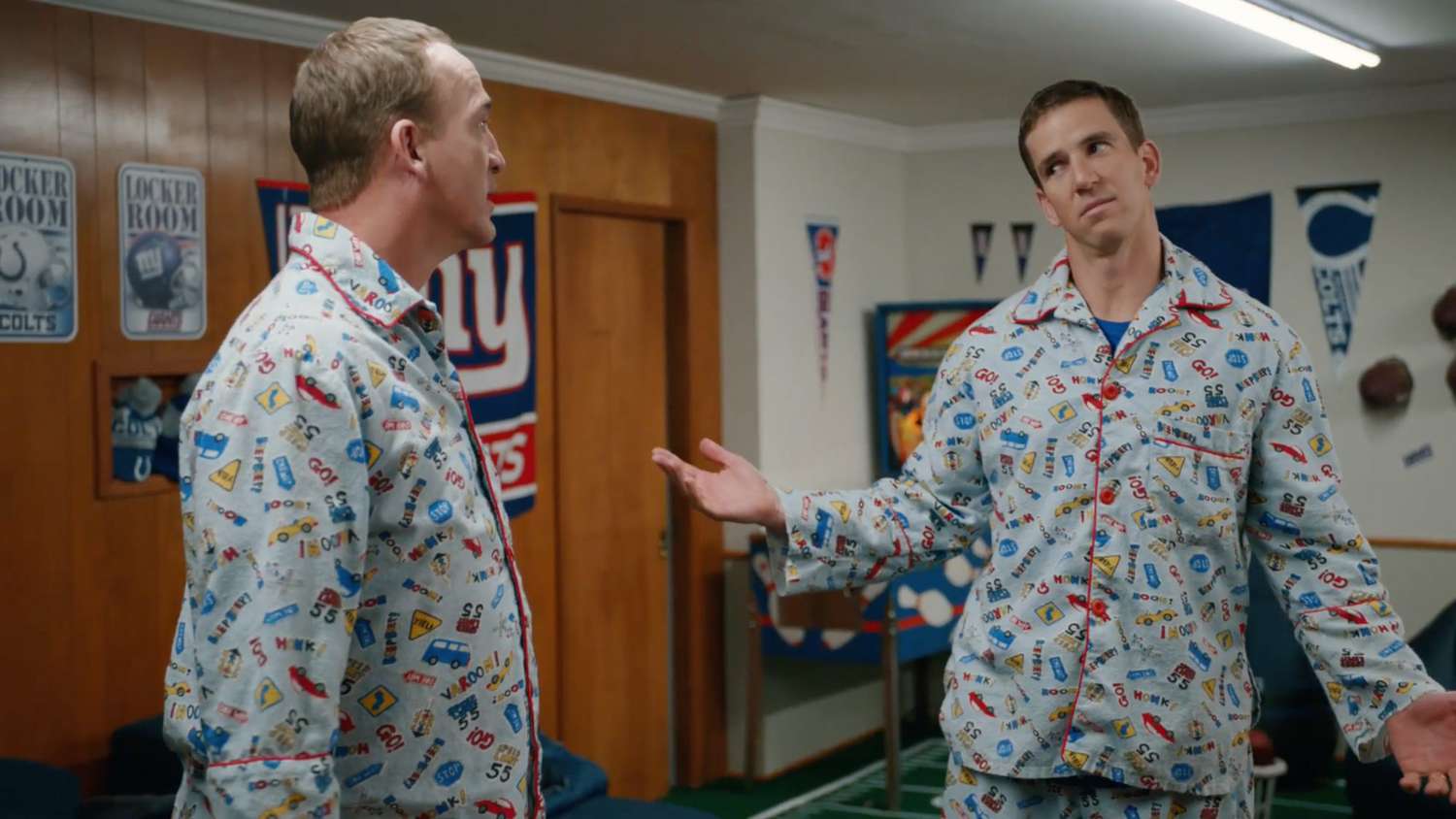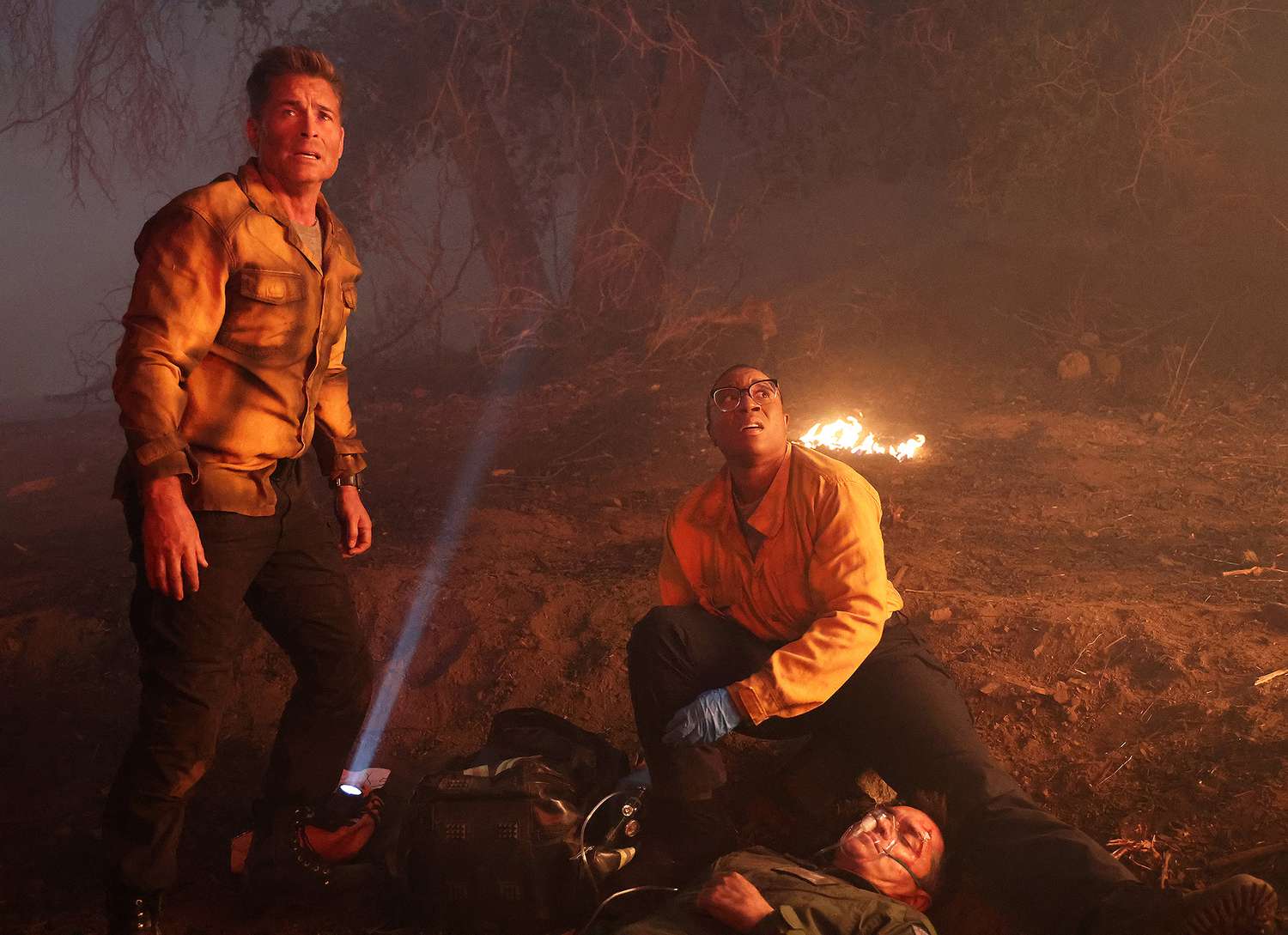Donzaleigh Abernathy, MLK's Goddaughter, Reveals Memories from 'Thrilling' Civil Rights Movement
A Black actress, activist, author and vocalist, Donzaleigh Abernathy grew up on the front lines of the civil rights movement. (She delivered her first public speech when she was just 12, at Washington D.C.'s Children for Survival March in 1972.)
Her father, Rev. Dr. Ralph David Abernathy, was Rev. Dr. Martin Luther King Jr.'s best friend and closest advisor — King once wrote that "The people loved and respected [Ralph] as a symbol of courage and strength." The two men were jailed together 17 times, according to Stanford University's Martin Luther King, Jr. Research and Education Institute.
Donzaleigh also happens to be King's goddaughter.
In 2004, Donzaleigh wrote Partners To History, Martin Luther King, Ralph David Abernathy and the Civil Rights Movement, which was nominated as one of the Best Books for Young Adults by the American Library Association, and she was a contributing author for the Smithsonian Institute's book In the Spirit of Martin.
In addition to a long career in TV and film acting, Donzaleigh lends her voice as the lead soloist on "The Listening" (releasing Feb. 12), a unique social-justice chorus project inspired by Martin Luther King Jr.'s 1967 speech, "Beyond Vietnam: A Time To Break Silence" (delivered exactly one year before his murder).
https://www.youtube.com/embed/3Qf6x9_MLD0
"The Listening" was commissioned for the VOICES21C choir and arranged by composer Cheryl B. Engelhardt. In addition to Donzaleigh, it features Black activists like Halim Flowers (who was wrongfully imprisoned for murder for 22 years), Wes Felton and more.
This is Donzaleigh Abernathy's story, as told to PEOPLE.
I was born in Montgomery, Alabama, in 1957, during the era of segregation.
Months before I was born, when my mother was pregnant with me, she was home alone with my toddler sister. My father was in Atlanta with Uncle Martin [Luther King Jr.] and Aunt Coretta [Scott King] for the first organizational meeting of the Southern Christian Leadership Conference. My mother had fallen asleep while watching the late-night Jack Paar Show. Fifteen minutes after she woke up and went to her bedroom, the front of the house exploded.
My mother told me I was born trembling. She said, "You literally shook for six months." In utero, I had taken on her trauma.
Once, while we were living in Montgomery, my sister and I were playing in the backyard when three or four police officers came up and just stood there, silently watching us from beyond the yard. It's a moment I've never forgotten. My mother came flying out the back door, yelling, "Don't hurt my children!"
The Movement
We moved to Atlanta when I was 4. Uncle Martin and his family had moved there the year before, and he called every day until he convinced my parents to move, too.
My father and Uncle Martin were best friends. They first met when my father was in graduate school, earning his master's degree in sociology. They reconnected a few years later when Uncle Martin came to Montgomery, and they were both young ministers with wives.
People sometimes say my father, Ralph Abernathy, was Martin Luther King's "chief aide." But he wasn't — they did everything together in the movement. They shared the same hotel rooms and shared time with their families. Uncle Martin was the voice and the face; my father was the planner, the strategist, keeping everyone together. After suffering an assassin's bullet, Uncle Martin died in my father's arms at St. Joseph Hospital in Memphis, Tennessee.
In Montgomery, the Ku Klux Klan called us twice a day, but after we moved to Atlanta, they would only call during dinner, at a time when others would telephone us from the church or the movement. Invariably, when the call came, Mother would slam the phone down. It was always terrifying — they threatened to kill us.
The movement was thrilling to experience as a little girl. Our home was the primary meeting place for Uncle Martin and my father. I remember the Freedom Riders coming to our house; I remember waking in the morning and seeing these Black and white young adults sleeping on pallets in our living room. That was my earliest memory of the late Congressman John Lewis, whom I grew up knowing and loving all my life.
Freedom was stressed so much; we wanted to be free. That's what they used to say in their chants: "What do we want? Freedom! When do we want it? Now!"
When I was around 5 years old, Dad told us Medgar Evers had been killed in his driveway. He told us the day would come when he believed something would happen to him; we had to be prepared. It was a difficult reality to accept as a child, but it was our reality.
There were incredibly glorious times, too, such as marching on the front line of the Selma to Montgomery March for the right to vote, and attending the March on Washington.
Professional Highs & Lows
I started acting in the Christmas and Easter plays we'd put on for our parents and Yolanda King's acting teacher, Walter Roberts. (Yolanda King was Uncle Martin's eldest child.)
At Emerson College in Boston, I met my Shakespeare teacher, Dr. William Sharp, and my mentor, Vincent Murphy. I graduated in 1980 and wanted to go to London to be a theater actress.
But the head of the Royal Academy, where I auditioned, told me to come back the following year because they already had their one Black student for the year. I was crushed.
Back in Atlanta, I was given the chance to work on a movie with Ruth Gordon, an older Hollywood movie star and screenwriter — and the star of Harold and Maude. Miss Gordon's husband, Garson Kanin, wanted me to be her dresser, to accompany her everywhere and watch her on set. While we waited in the trailer, Ruthie taught me the craft of screen acting and how to warm up before going on camera.
She said, "I don't want you to be so self-effacing. I want you to stand up for yourself, young lady."
I've been blessed with great teachers: Stella Adler, Milton Katselas, Judith Weston. I was one of the actors Stella worked with in front of her last master class of about 500 students. She gave me a solid foundation.
I've enjoyed a wonderful career, though it was much busier when I was younger and prettier. I've been auditioning during the pandemic while also writing my second book and working as an actor, writer, public speaker and singer.
"The Listening"
My husband, Dar Dixon, first heard about Cheryl Engelhardt's new choral project. It was based on Uncle Martin's speech against the War in Vietnam. I was completely blown away as I listened to it at a concert; it was different from anything I'd ever heard. It reminded me of an opera, of Hamilton.
Afterwards, when we met Cheryl, I spoke about my older sister Juandalynn, who sings opera and classical music in Germany. When Cheryl decided to make a recording of the song, my husband insisted she hear me sing. Cheryl said she wanted me to perform the solo.
All our parts were recorded separately, but the voices were put together to form a chorus, and the video was arranged like a Zoom.
https://www.youtube.com/embed/2K_B1_5oImw
Cheryl is extremely talented, a great composer. I'm so excited for her future and am honored that I could sing the solo.
Inspirations
An up-and-comer who gives me hope for the future is Amanda Gorman, our young poet Laureate. I first met Amanda and her twin sister Gabrielle when they attended New Roads School, where I'm a founding member on the Board of Trustees. I got to know them because I would speak there every year for Martin Luther King Day. I'm so inspired by her; when I watched the inauguration, I found myself literally crying tears of joy.
I also love George Clooney, not only because he's a brilliant actor and director, but because he's politically savvy and uses his celebrity for good. That's what I saw growing up: movie stars like Marlon Brando, Paul Newman, Harry Belafonte, Sammy Davis, Jr., and my hero Sidney Poitier at the March On Washington, plus author James Baldwin and actresses Lena Horne, Rita Moreno, Diahann Carroll and Josephine Baker.
I knew it was dangerous to lead a movement like Daddy and Uncle Martin, but I'm an artist, so I said, "Okay, then I'll be like these movie stars — like Marlon Brando." You can make movies while still being socially minded and politically active, donating to causes and marching on the front lines for freedom.
Racism in America
America has come a long way in my lifetime, but we still have further to go. The re-emergence of the white supremacy movement has been a temporary setback; it's sought to divide America. But it will fail again, because it is rooted in racial hatred and religious hatred.
These days, I can wake up and not be gripped with fear. For four years of the previous administration, I listened as my elderly mother worried that everything she, my father, Uncle Martin, Aunt Coretta and countless others had endured for us to have fundamental human and civil rights might be taken away. Having been born and raised amid the constant threat of death from white supremacists, the reemergence of racial intolerance advocated by the previous administration brought back memories of that trauma.
When the insurrection occurred at the Capitol, I saw a photograph of one of the terrorists seated at Madam Speaker Nancy Pelosi's desk. I was horrified. I looked to the left and saw my father's face on a plaque by the window with James Foreman, Uncle Martin, Reverend Jesse Douglas and John Lewis as they marched for the right to vote in Montgomery, in 1965.
I immediately felt personally violated. All I could hear was my father. He was very clear in teaching us African-American history from the very beginning of our lives. He used to tell us about a Black man named Crispus Attucks, the first person to die in Boston Commons [Attucks was the first casualty of the American Revolution in 1770].
When people stand up for civil rights and human rights, we're not being unpatriotic. We're being patriotic. We're asking Americans to live up to the principles upon which our nation was founded: that all men and women are created equal and are endowed by our creator with certain unalienable rights.
We need to go to the Heartland across America — Idaho, Montana, Wyoming, Colorado, Missouri, North and South Dakota, Indiana, Ohio, Oklahoma, Kansas — and let people know they don't need to be afraid of people of color, people from different religions, people seeking gender or sexual equality or people from the LGBTQ community.
My father use to say, "We hate each other because we fear each other. We fear each other because we don't know each other. We don't know each other because we won't sit down at the table together. Let us sit down at the table together and break bread."
We have to meet hate with love. Uncle Martin use to say, "You have to love those you don't like. Love those whose ways don't move. Love every man because God loves them."
— As told to Laura Barcella
To help combat systemic racism, consider learning from or donating to these organizations:
- Campaign Zero works to end police brutality in America through research-proven strategies.
- ColorofChange.org works to make the government more responsive to racial disparities.
- National Cares Mentoring Movement provides social and academic support to help Black youth succeed in college and beyond.
Source: Read Full Article
